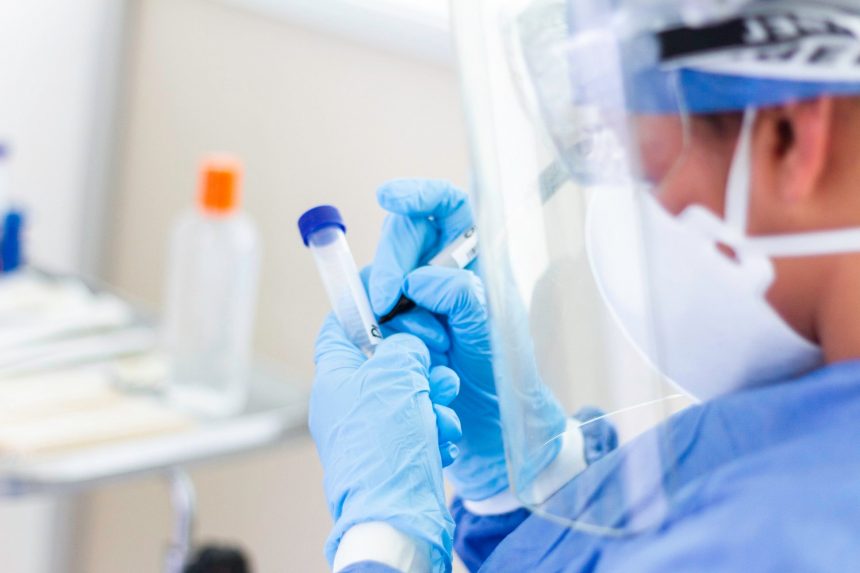Photo by El Universal Querétaro
The vaccine from the Autonomous University of Querétaro (UAQ) was one of the four projects that will receive funding from the Mexican Ministry of Foreign Affairs, however, more funds are still required for clinical trials in humans.
The UAQ obtained a chimeric recombinant vaccine against the Sars CoV-2 virus, it is preparing for preclinical tests in at least 80 animals, with this, it seeks to verify its safety and analyze if the vaccine generates the desired immune response.
Dr. Teresa García Gasca commented, “What we have is the design of the vaccine, the synthesis of the peptides, the production of the chimeric vaccine, we have already done the recognition tests for antibodies against human antibodies, that is, we know that the “Peptides that we are using are recognized by human beings in their immune system and at this moment we are producing the vaccine already at a bioreactor level and as soon as we have the appropriate production parameters, we will start the tests in animals”.
The vaccine will have a protein synthesized from different segments of the “spike” protein of Sars CoV-2, the university seeks to generate a chimeric vaccine.
Dr. Juan José Mosqueda Gualito, researcher at the Laboratory of Immunology and Vaccines of the Faculty of Natural Sciences of the UAQ explained that to carry out the vaccine, we work with the genomic sequence of the virus, not with the live virus.
“People who had recovered from SARS CoV-2 donated their serum to us and we exposed them to these artificial proteins, and we were selecting those that were recognized by the sera,” said Mosqueda.
With the support of the company that provided a bioreactor, the UAQ produced the first doses of its vaccine and the preclinical studies will begin, the vaccine will be tested in; mice, goats, sheep and rabbits, expect immunizations to start showing up this week.
- According to UAQ data, the production of at least 10 million doses is estimated, this operation requires $ 43 million, a figure that has not yet been completed by the university.
The cost of producing the vaccine was divided into phases, with the support of the Secretary of Foreign Relations (3 million pesos), Dr. Mosqueda affirmed that, although grateful, the support only represents a fifth of the investment that is required.
Among academics and students there are 8 researchers who participate in the development of the vaccine, without pay, the researchers point out that the price of the vaccine is so high because the equipment and supplies are imported.
Sources: Universidad Autónoma de Querétaro, milenio.com, mvsnoticias.com

